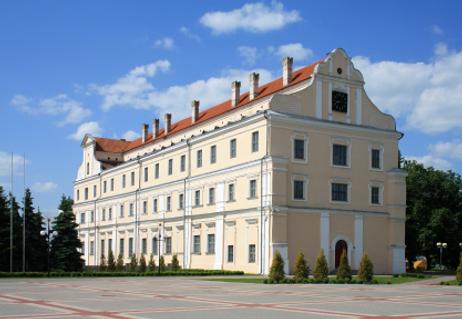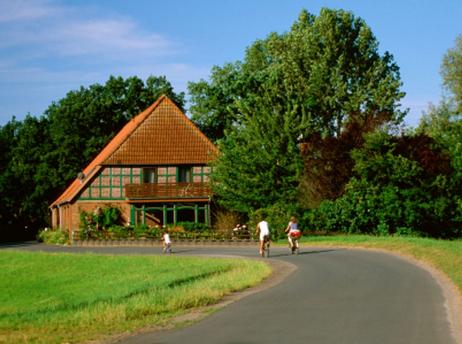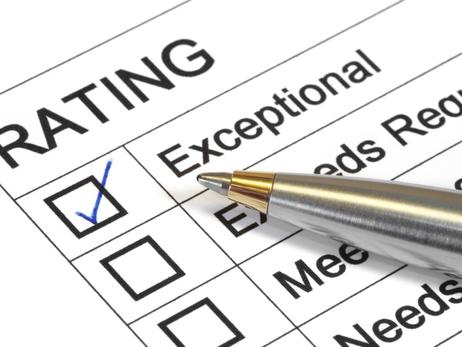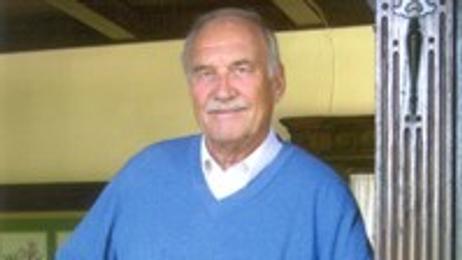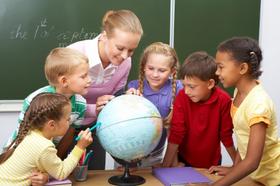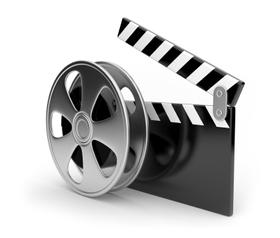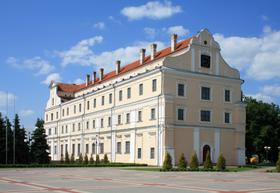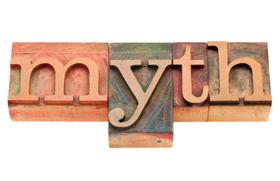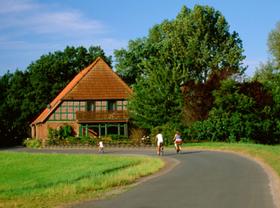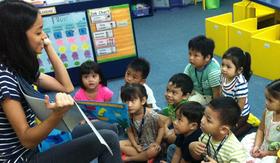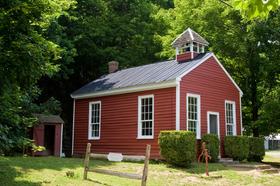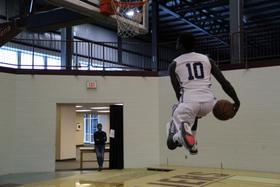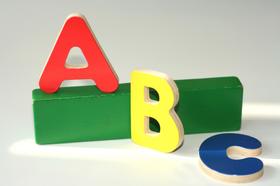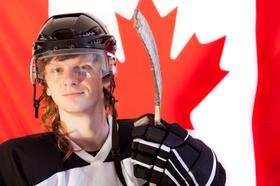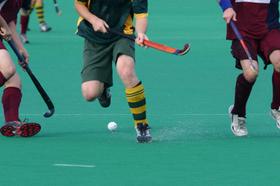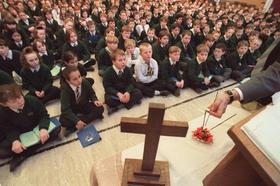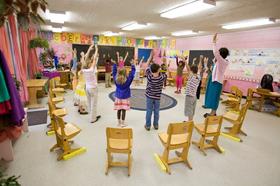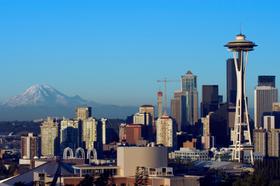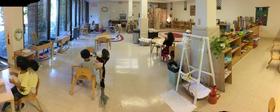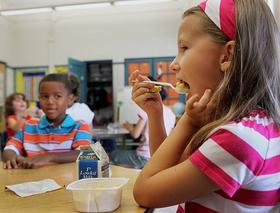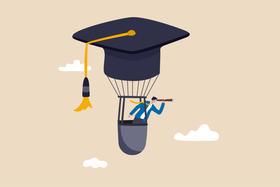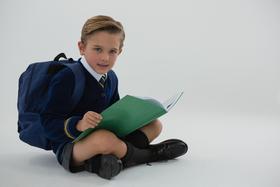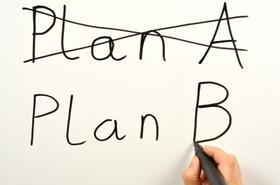You would think that education in the United States has been public since colonial days. But that is not the case. The earliest schools were private and religious schools. Only in the mid-19th century did governments begin to compel children to attend K-12 public schools. Here, then, is a brief timeline of private K-12 education.
| 143 b.c. | Chengdu Shishi High School was established in China. |
| 69 | Marcus Fabius Quintillianus founded his school of rhetoric in Rome, Italy. Quintillian was a native of Caligurris in Hispania. Among his pupils were Pliny the Younger and the historian Tacitus. Quintillian wrote a 12-volume treatise on rhetoric, Institutio Oratoria, which is considered, even in modern times, a foundational document on education. |
| 597 | The King's School, Canterbury, England, was established. It has the distinction of being the oldest private school in the world still operating. |
| 1441 | King's College Choir School, Cambridge, United Kingdom, was founded by King Henry VI to educate the boy choristers of the King's College Chapel Choir. The Choir School has been in more or less continuous existence ever since. |
| 1572 | Harrow, Harrow on the Hill, Middlesex, United Kingdom, opens. The rivalry between Eton and Harrow is rather like that between Exeter and Andover. Perhaps it's best to say that the four schools represent the acme of boarding schools and leave it at that. Queen Elizabeth granted the charter to a farmer to establish this school in the 16th century. Stuffy and formal, you might be thinking? Perhaps for North American 21st-century tastes. |


